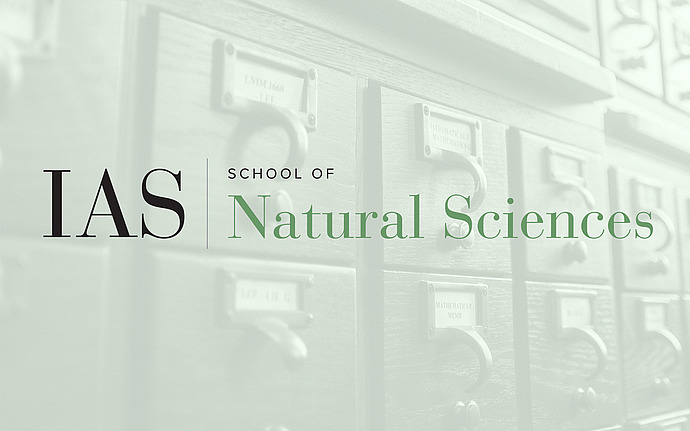
Institute for Advanced Study / Princeton University Joint Astrophysics Colloquium
The Dragonfly Project: From Diffuse Galaxies to the Cosmic Web
The Dragonfly project is developing a new class of telescopes optimized for low surface brightness astronomy. Originally designed to test the ΛCDM prediction that galaxies are embedded in extended tidal debris fields, Dragonfly combines the light from 48 high-end telephoto lenses to achieve unprecedented sensitivity to diffuse structures. Along the way, it has produced several unexpected discoveries, including a population of Milky Way-sized ultra-diffuse galaxies and, remarkably, several large galaxies that appear to consist only of stars — providing a unique constraint on the nature of dark matter. Keck spectroscopy has played a critical role in this work, measuring the redshifts and dynamical masses of objects discovered with Dragonfly. Looking ahead, we are now building a next-generation Dragonfly telescope in Chile, composed of 1,140 lenses, with the ambitious goal of directly detecting the baryonic cosmic web. This new instrument, optically equivalent to a single 4.7m lens with a 7 square-degree field of view, will be equipped with ultra-narrow, tiltable interference filters to isolate the faint emission from ionized gas predicted to exist between galaxies. Achieving this sensitivity opens new avenues for studying largescale structure.
Date & Time
Location
Peyton Hall, Auditorium, Princeton UniversitySpeakers
Additional Info
Event Series
Categories
Notes
10:30am Coffee Peyton Grand Central
11:00am Lecture in Peyton Auditorium